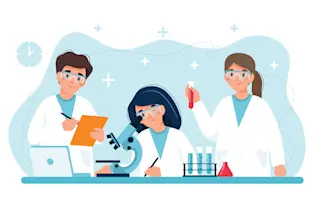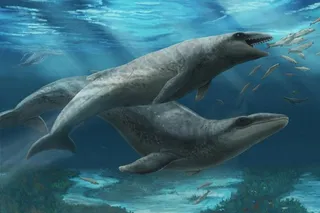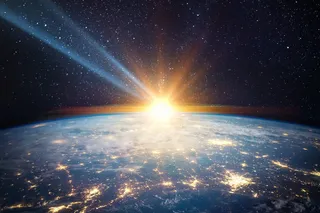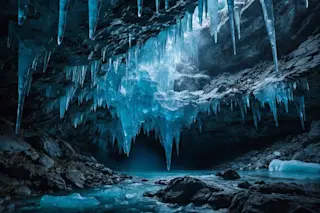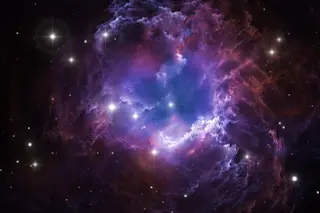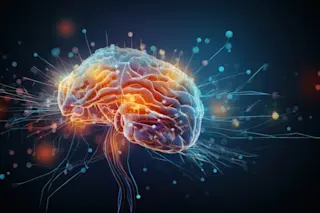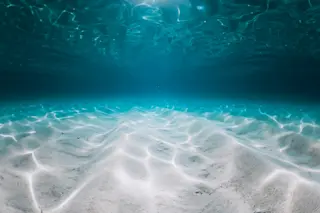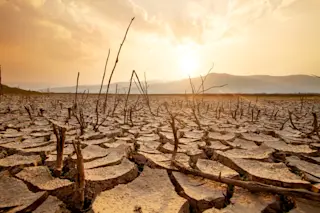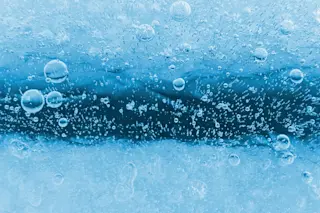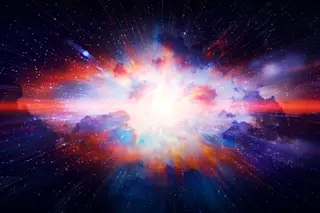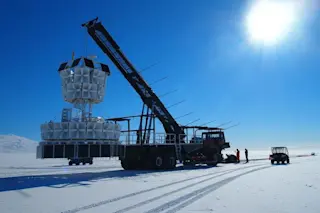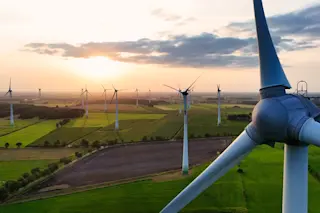Scientists today wield an arsenal of cutting-edge technology. Chemical engineers can turn CO2 into vodka, planetary scientists can work in outer space and physicists can manipulate single atoms in the lab.
Researchers use these tools to figure out who we are and how we got here. Like Taylor Perron, a geomorphologist who searches for clues in planetary landscapes, or Monika Schleier-Smith, a physicist testing the mechanical rules of the quantum realm.
They also confront humanitarian crises. By 2050, climate change will cause 250,000 deaths per year. Corinne Le Quéré traces greenhouse gases through air, land and sea, while Paul Anastas innovates ways to reduce their emissions in the first place. Meanwhile, cancer rates will increase by nearly 50 percent in the same timeframe. Carolyn Bertozzi invented a new field of chemistry that could spawn efficient cancer treatments.
These scientists embody the chief objectives of science — to push the frontiers ...


